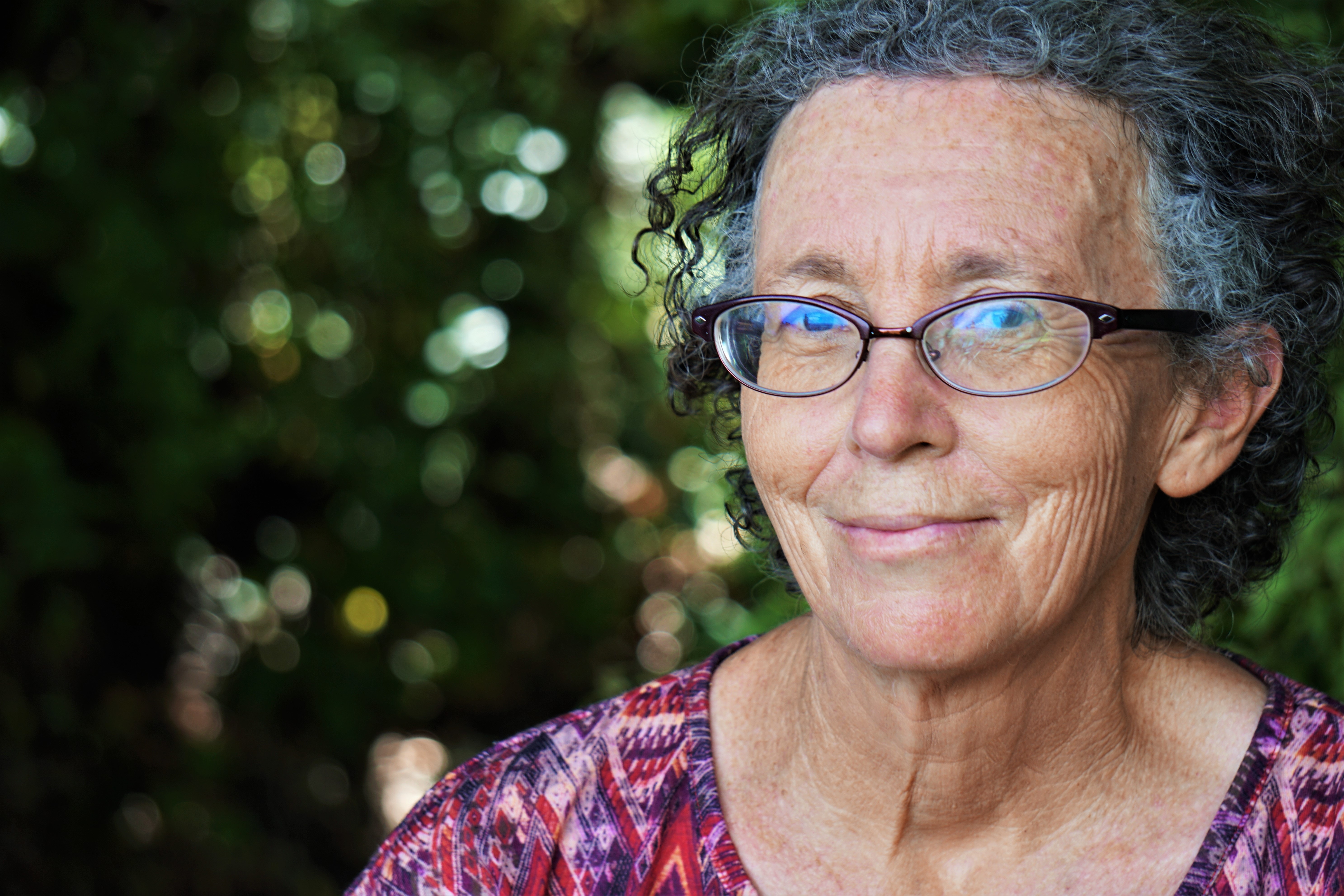Combating elder abuse requires to promote older people’s human rights

To protect older people from poor treatment and practices, and to empower them to speak up, countries increasingly acknowledge social policy must move from a needs-based approach to a rights-based one. By Henriikka Laurola
At a society level, the lack of understanding of the relationship between human rights and elder abuse and, at an individual level, not knowing what human rights are and how they work in day to day life is a barrier to using human rights to improve the situation of older people at risk of abuse.
Human rights are already the foundation for national practices of elder abuse prevention in countries such as Canada, Australia and the UK. Although the Universal Declaration of Human Rights and the international rights conventions apply to all persons regardless of age, age is not listed explicitly as a reason why someone should not be discriminated against.
No systemic and comprehensive regional conventions to protect older people’s rights currently exist, complicating efficient prevention of elder abuse. The U.N. Convention on the Rights of Older Persons, asked by older people’s organisations world-wide, provides solutions for ageism and discrimination which are predicted to increase as the world’s population rapidly ages.
As defined by the Global Alliance, the Convention, as a single instrument, would provide: a definitive, universal position that age discrimination is morally and legally unacceptable; legally binding protection with accompanying accountability mechanisms; clarity for duty bearers and rights holders on what their rights and responsibilities are towards older people; redress for the complex, multiple forms of discrimination that older women and men experience; a powerful advocacy and educational tool for older people and those that represent them for claiming their rights.
Most importantly, the Convention would encourage a paradigm shift from older people as recipients of care and welfare to older people as rights holders with responsibilities. In terms of elder abuse, the empowering right-holder status would work to encourage positions of active survivor of abuse rather than passive victim.
Read also:
Why you should be calling for a new U.N. convention for your rights in older age
Preventing elder abuse: educational resources from collaborative projects
Our thematic focus on ageism and abuse
—
Henriikka Laurola is the Co-Founder and a Project Officer of the Finnish specialist NGO Voimaa Vanhuuteen – osk VoiVa – Empowering Old Age Coop. VoiVa, established in 2017, focuses on the prevention of violence and abuse against older people. VoiVa is a partner organisation of the mentioned Erasmus+ projects TISOVA, SAFE and Two Moons as well as the Daphne project WHOSEFVA.


Facebook Comments